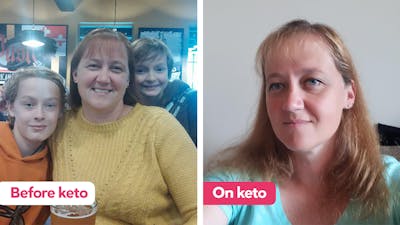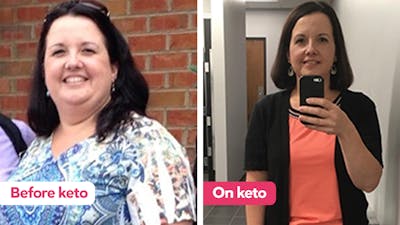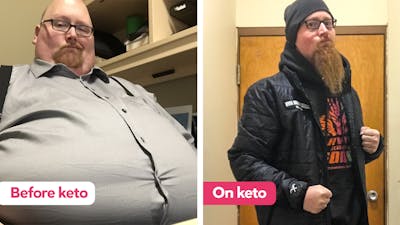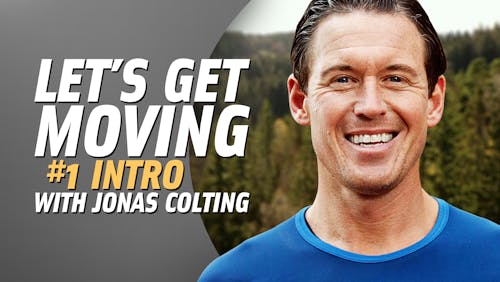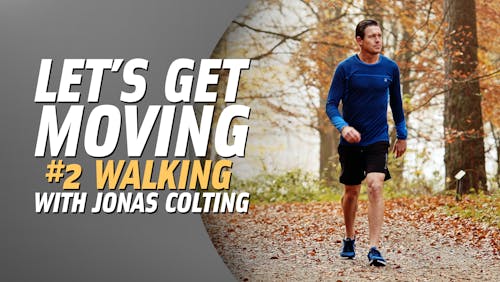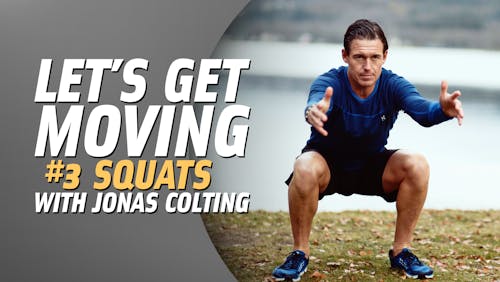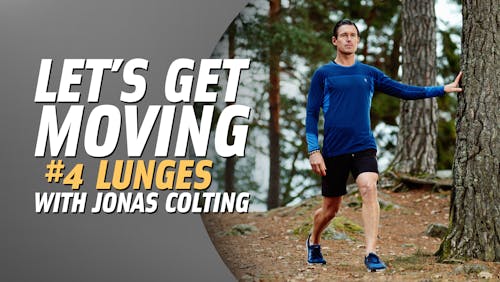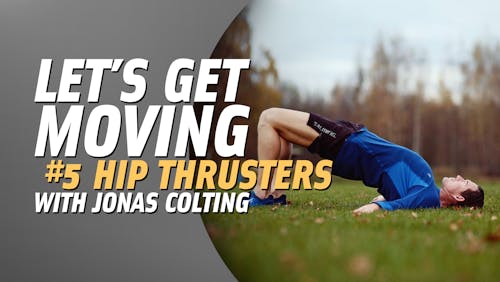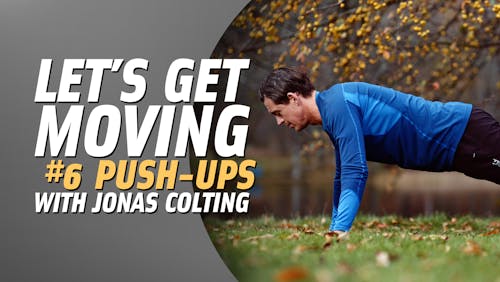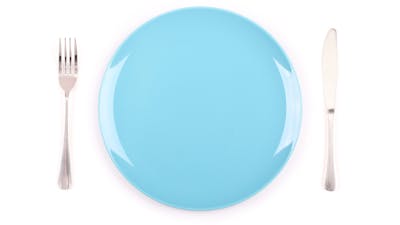Low carb improves ultra-runner’s performance and health
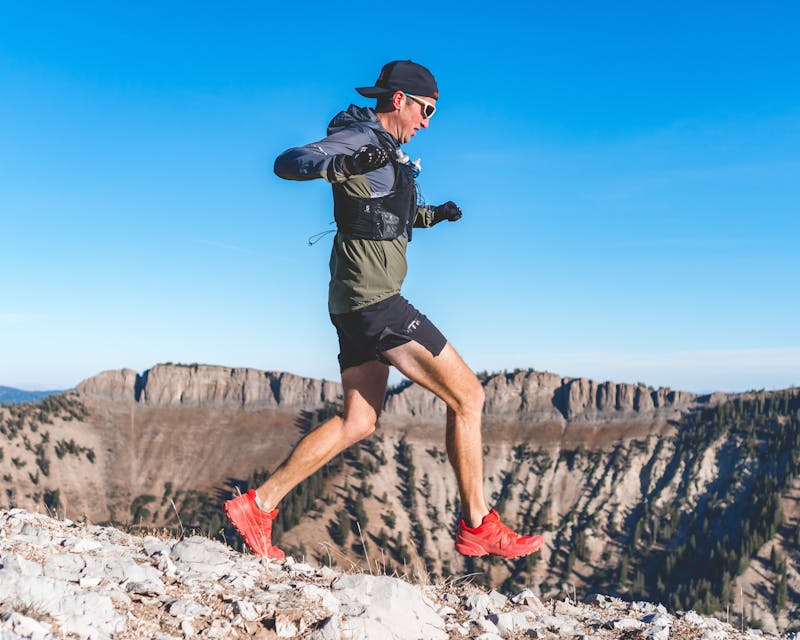
Ultra-runner Mike McKnight can testify that carbs aren’t a must-have for endurance sports. He recently sent us an uplifting email, telling us about all the ways that low carb has improved his health.
Since starting a low-carb diet, the 30-year old from Utah, USA, says that he’s recovering faster after races and has much more stable energy levels.
In this interview, which has been lightly edited for length and clarity, Mike shares his experience improving his running on low carb. His story is sure to inspire other exercise enthusiasts!
How did you discover keto or low carb?
I’m an ultra-endurance athlete and have been running ultra marathons for eight years now.
Early on in my running career, I always had digestive and energy issues. I’d either puke from eating too much or have no energy from eating too little.
I soon learned of two iconic ultra-endurance athletes — Jeff Browning and Zach Bitter — who followed keto and I was fortunate to meet both of them. They told me the science and benefits of following a low-carb diet, especially for endurance athletes. So I picked a date in 2017 and went for it, and I’ve been low carb ever since.
Did you have any health or weight struggles before going low carb or keto?
I was slightly overweight for a runner. Regardless of how often I ran, I couldn’t shed the 10 pounds (5 kilos) I needed to get to an ideal weight.
At the time, I was at 190 pounds (86 kilos), and after going keto, I’ve dropped to, and have consistently been around, 173 pounds (78 kilos). In addition to this, I have no more energy issues while running and barely any digestive issues.
What were you eating before making this lifestyle change?
All the sugar. Pizza. Fries. Fried foods. I had no control whatsoever.
I was drinking two to four cans of Mountain Dew a day and eating a bowl of ice cream every night.
When did you start low carb or keto?
April of 2017.
In what ways has your health improved?
Besides what I’ve already mentioned, I sleep better, have better mental clarity, and don’t ever feel bloated.
I’ve also noticed my teeth don’t hurt anymore. I used to have sensitive teeth. Since going low carb, they aren’t sensitive anymore.
What does a typical day of eating look like for you now?
I do 18:6 intermittent fasting almost every day. If I’m doing a big five-plus hour run, I’ll sometimes not fast. But I’d say I’m doing 18:6 fasting 95 percent of the time.
I usually break my fast at 1:00 pm, just after my run. Then I’ll have about eight eggs, but sometimes, I’ll do four eggs and a chicken breast.
I usually keep the protein lean after a run to aid more in my recovery. I’ll have a protein shake for a snack with heavy whipping cream as a base. It’s a very high-calorie shake.
For dinner, I’ll have some beef along with a green veggie. I’m probably getting 3,000 to 4,000 calories a day.
Have you made any mistakes on your journey?
I race ultra marathons. The longest race I’ve done is 500 miles (805 kilometers). I used to use my running as an excuse to cheat and eat junk.
In the beginning, I’d eat so much fried, processed food for two weeks or so after a race. I used the fact that I burned a lot of calories as a justification for cheating.
But eventually, I started to recognize that it would cause inflammation, and I’d struggle to recover.
These days, I rarely cheat. If I do cheat, it’s an extra serving of fruit and no processed or sugary food. I also try to be my most clean immediately after a race to aid in my recovery. And it’s paid off because I’ve noticed that I recover so much quicker now.
Do you think exercise is necessary for success on low carb?
No. I actually go more low carb the less I exercise. The more I’m exercising, the more strategic carbs I’ll have. But if I’m not training as much, I’m very strict.
What are your top three tips for people starting low carb?
- Start easy. I always recommend eliminating sugar and gluten for two to four weeks before going strict low carb. Don’t worry as much about the carbs, but more so about the quality of the carbs. Still have fruits and potatoes if you wish, but eliminate processed food. Once you get used to that, then you can start going strict.
- Once committed, don’t cheat. It’s so much easier to keep the weight off and stick to the lifestyle if you don’t cheat.
- Don’t look at it as a diet. Look at it as a lifestyle. I don’t feel I’m restricting foods anymore. I’m eating foods I like and avoiding foods I don’t like.
More with Mike
Website: lowcarb-runner.com
Instagram: @thelowcarbrunner
Comment
Congrats on your success, Mike! I really appreciate the combination of improved weight, health, and athletic performance. I also appreciate your comment about how this is a lifestyle, not a diet. Thanks for setting a great example!
Best,
/ Dr. Bret Scher
More success stories
Check out our most popular success stories below, or view all stories we’ve ever published here.
Share your story
Want to share YOUR success story with Diet Doctor? Send an email to success@dietdoctor.com. Feel free to use the questions on this page as a starting point.
Share your storyLearn how to do a keto diet
Get started with exercise
